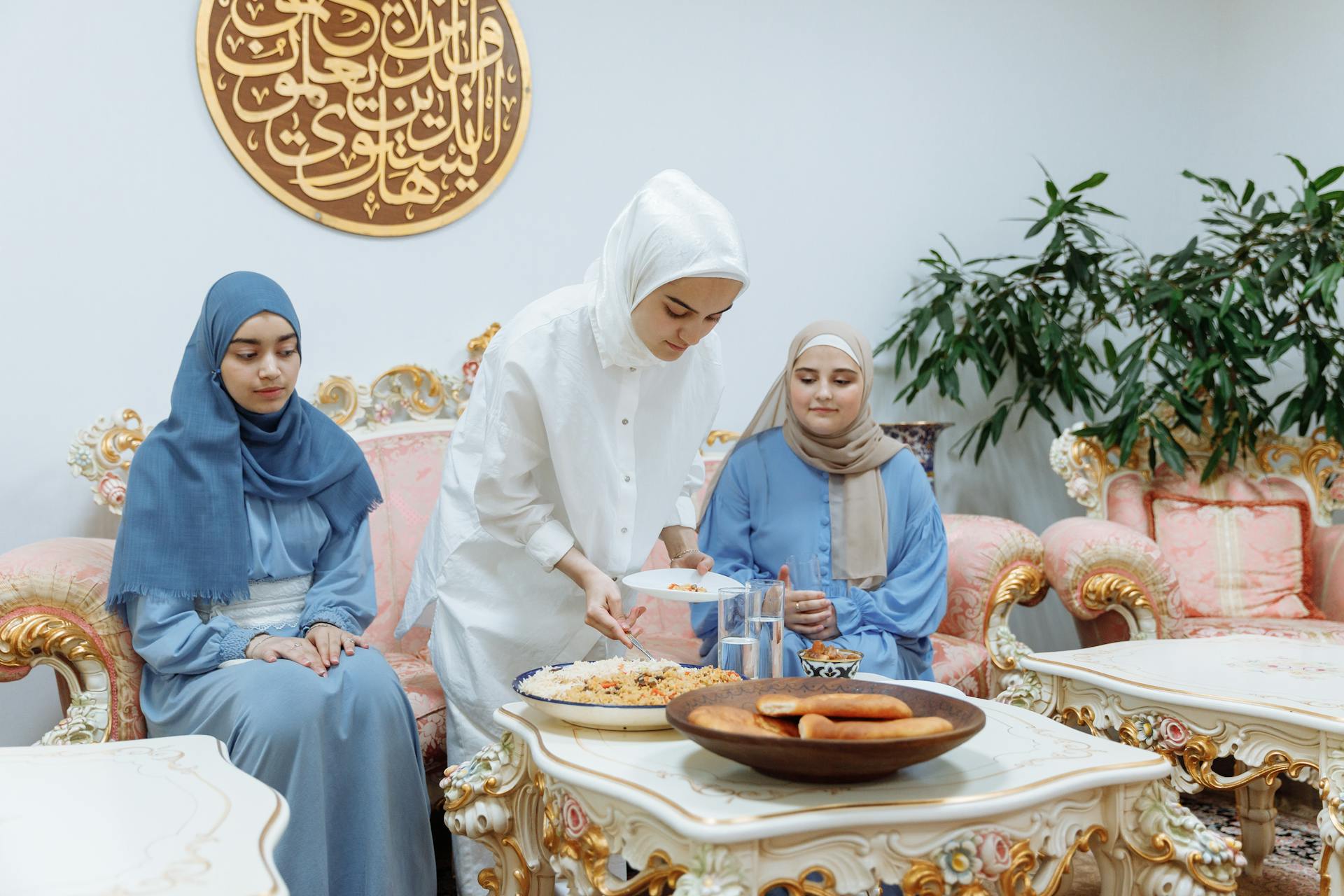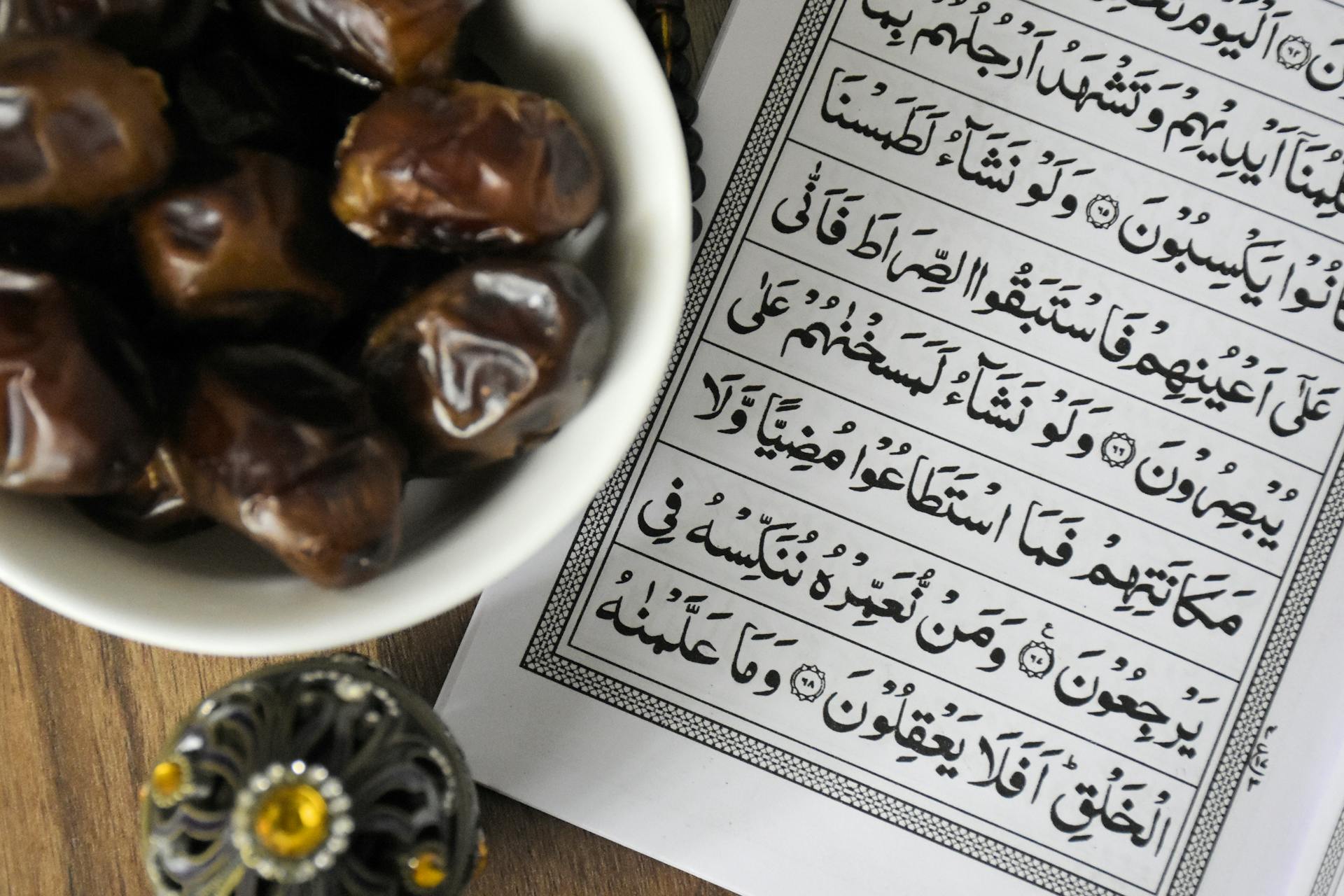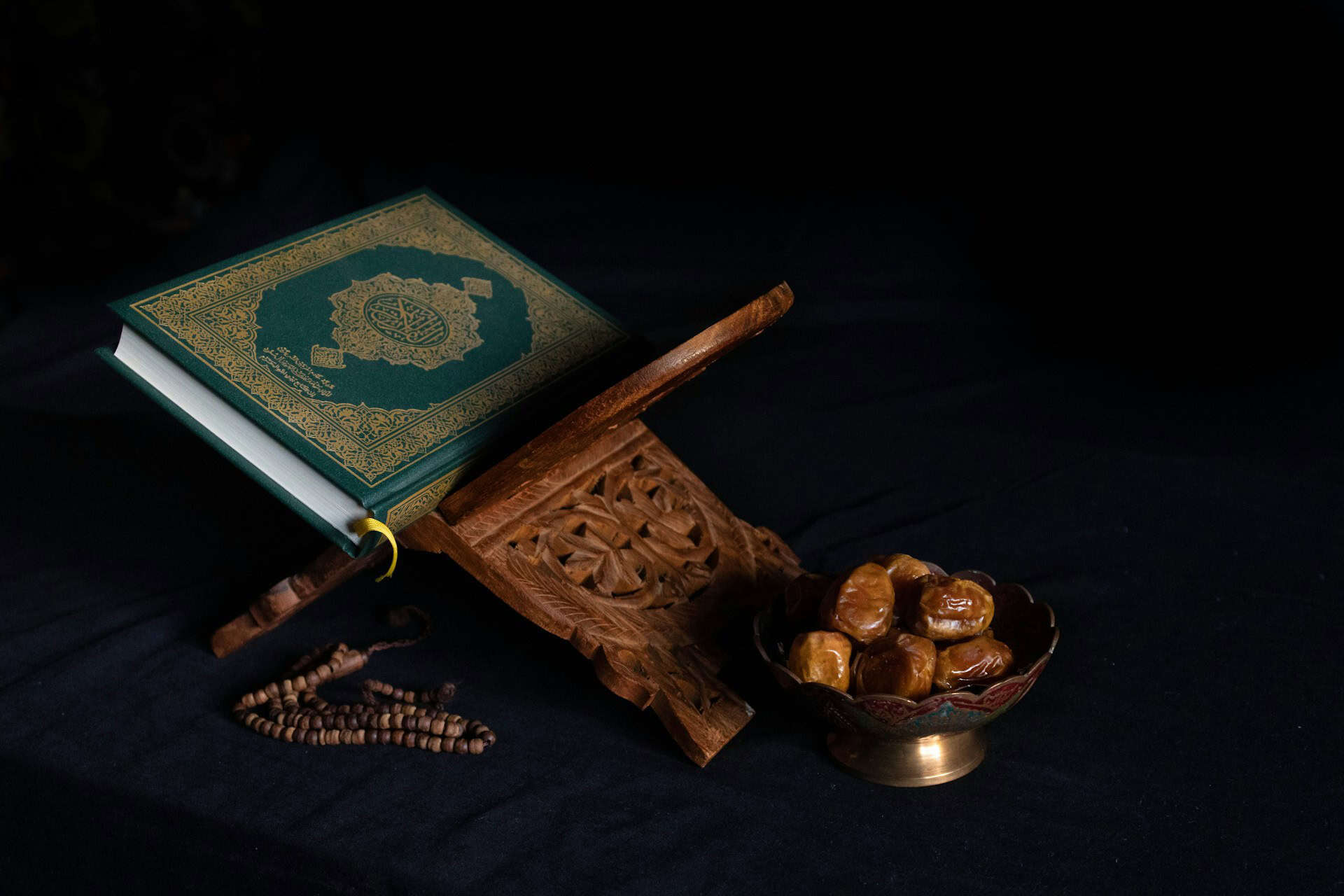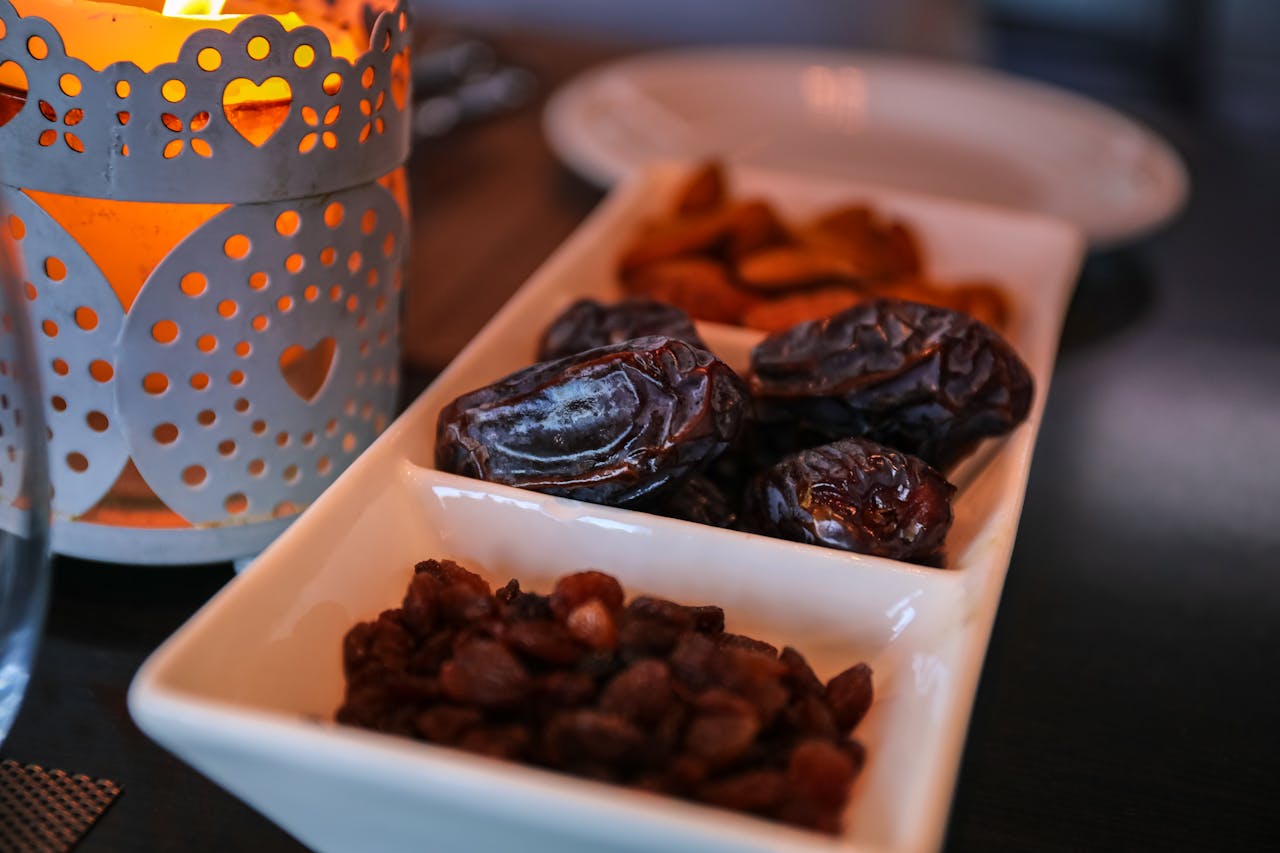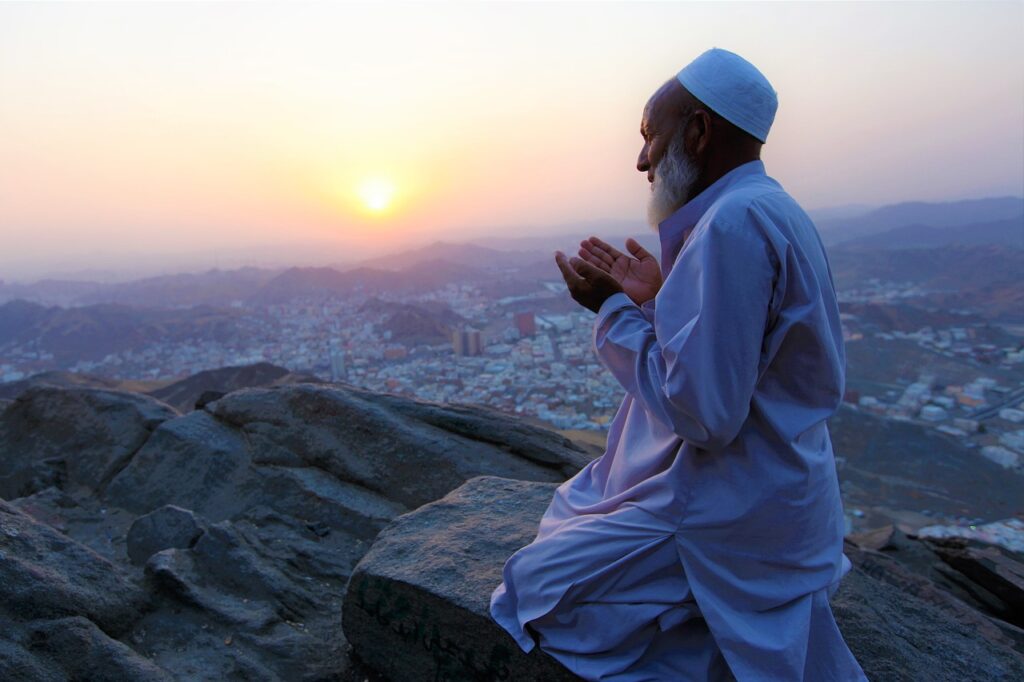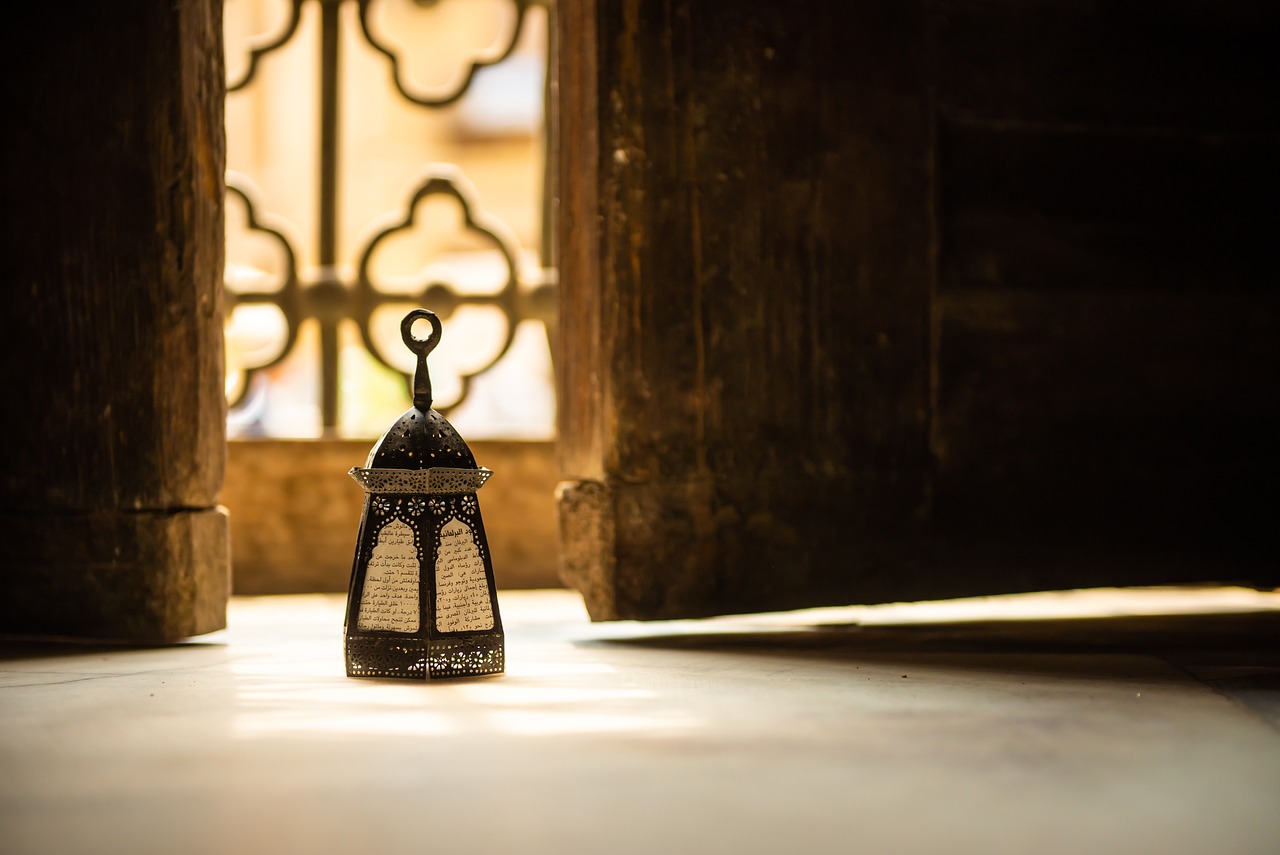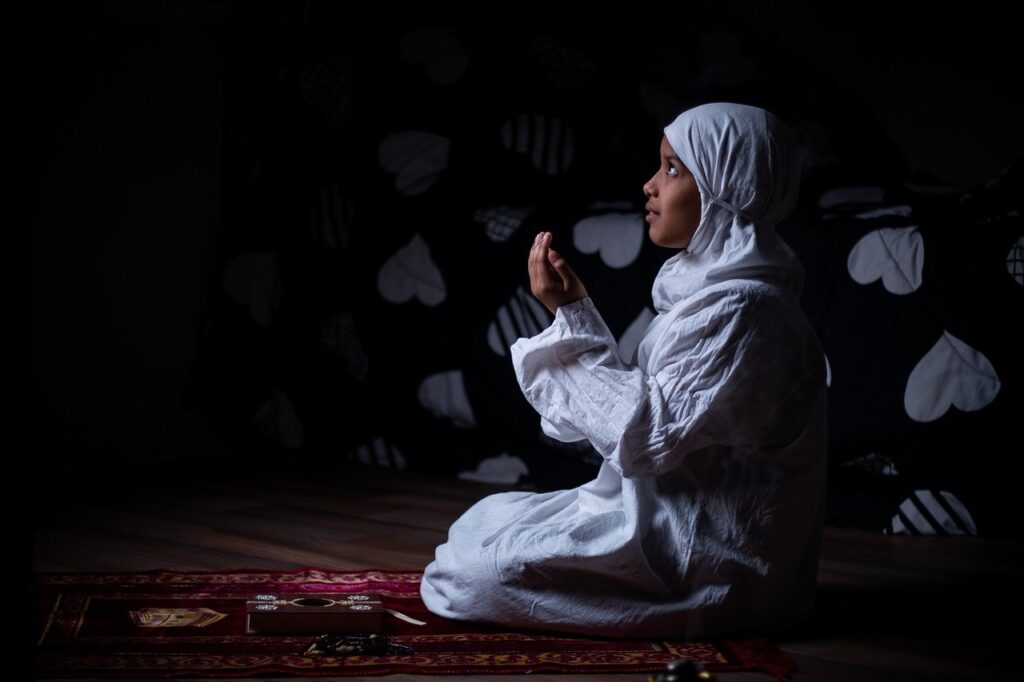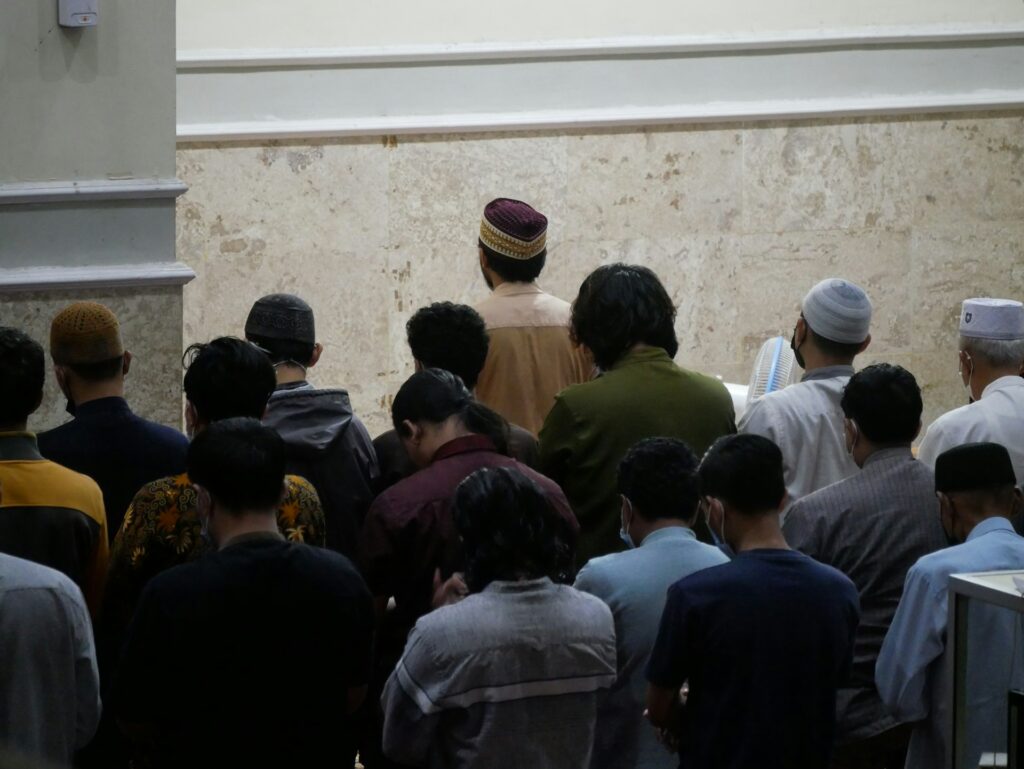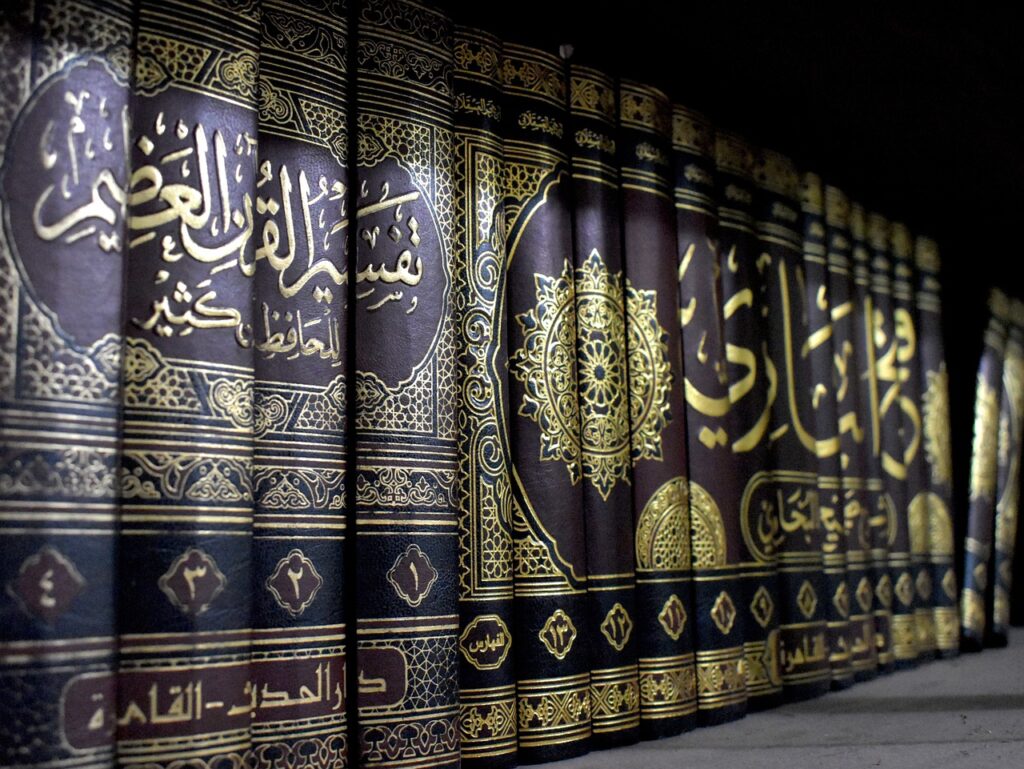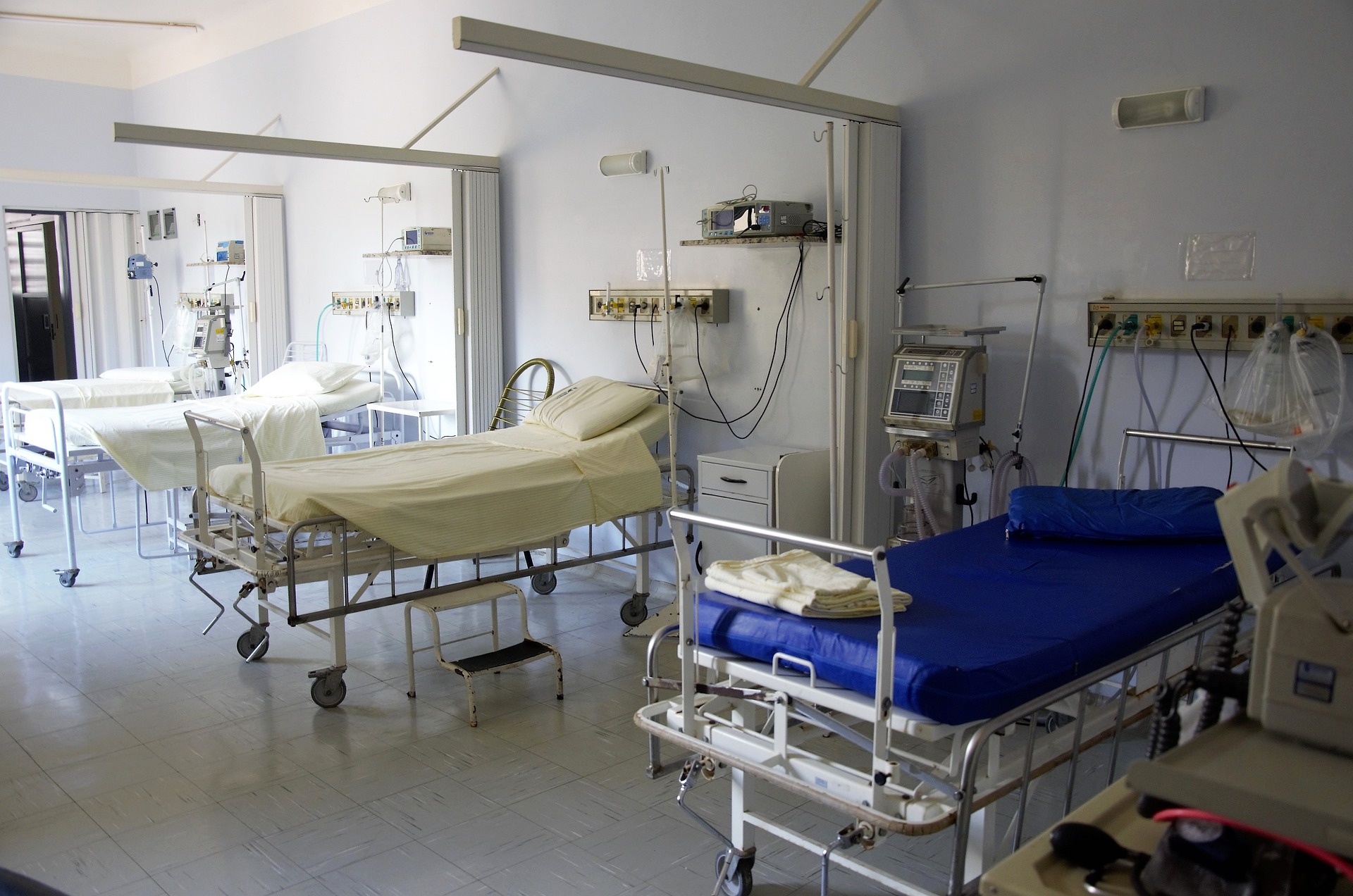Ramadan is a time for Muslims to strengthen their connection with Allah T’alā (SWT) through prayer, supplication, and acts of charity and zakat.
During this blessed month, making duas is crucial in seeking the Almighty’s forgiveness, guidance, and blessings.
This comprehensive daily Ramadan Duas list, divided into three stages corresponding to the three Ashras (ten-day periods) of Ramadan, will help you make the most of this blessed month.
Stage 1 – 1st 10 Days of Ramadan Dua List
The first ten days of Ramadan are associated with Allah’s Mercy (Rahmah). It marks a period of immense spiritual significance and grace.
These days remind us of Allah’s infinite compassion for His creation, encouraging us to ask Allah T’alā (SWT) save our souls and bless us through sincere prayers, repentance, and acts of kindness.
Day 1 – Dua for Mercy
English (Translation & Transliteration)
” Our Lord, grant us from Yourself mercy and prepare for us from our affair, right guidance.”
Reference: Al Quran Surah Al-Araf 7:23
Rabbana atina milladunka rahmatan wa hayyi’ lana min amrina rashada.
Arabic
رَبَّنَا آتِنَا مِنْ لَدُنْكَ رَحْمَةً وَهَيِّئْ لَنَا مِنْ أَمْرِنَا رَشَدً
Day 2 – Forgiveness Ramadan dua
English (Translation & Transliteration)
“There is none worth of worship but Allah alone, Who has no partner, His is the dominion and to Him belongs all praise, and He is able to do all things. Glory is to Allah. Praise is to Allah. There is none worth of worship but Allah. Allah is the Most Great. There is no might and no power except by Allah’s leave, the Exalted, the Mighty. My Lord, forgive me.”
Reference: Ibn Majah: 3878
Laa ‘illaha ‘illallahu wahdahu la shareeka lahu, lahul-mulku wa lahul-hamdu, wa Huwa ‘alaa kulli shay’in Qadeer Subhaanallahi, walhamdu lillaahi, wa laa ‘ilaha ‘illallahu, wallaahu ‘akbar, wa laa hawla wa laa Quwwata ‘illaa billaahil-‘Aliyyil-‘Adheem, Rabbighfir lee
Arabic
لَا إِلَهَ إِلَّا اللهُ وَحْدَهُ لَا شَرِيكَ لَهُ، لَهُ الْمُلْكُ وَلَهُ الْحَمْدَ، وَهُوَ عَلَى كُلِّ شَيْءٍ قَدِيرٌ. سُبْحَانَ اللهِ، وَالْحَمْدُ للهِ، ولَا إِلَهَ إِلَّا اللهُ، وَاللهُ أَكْبَرُ، وَلَا حَوْلَ وَلَا قُوَّةَ إِلَّا بِاللهِ العَلِيِّ الْعَظيِمِ، ربِّ اغْفِرلِي
Day 3 – Dua for Breaking Fast
English (Translation & Transliteration)
“Thirst is gone, the veins are moistened, and the reward is certain if Allah wills.”
Reference: Abu Dawud: 2357
Dhahaba al-zama wa’btalat al-‘uruq wa thabata al-ajr in sha Allah
Arabic
ذَهَبَ الظَّمَأُ وَابْتَلَّتِ الْعُرُوقُ وَثَبَتَ الأَجْرُ إِنْ شَاءَ اللَّهُ
Day 4 – Dua for Guidance
English (Translation & Transliteration)
“Our Lord, let not our hearts deviate after You have guided us and grant us from Yourself mercy. Indeed, You are the Bestower.”
Reference: Al Quran Surah Al Imran 3:8
Rab-banaa laa tuzigh quloobanaa baAAda ith haday-tanaa wahab lanaa min ladunka rahmatan innaka anta al-wah-haab
Arabic
رَبَّنَا لَا تُزِغْ قُلُوبَنَا بَعْدَ إِذْ هَدَيْتَنَا وَهَبْ لَنَا مِن لَّدُنكَ رَحْمَةً ۚ إِنَّكَ أَنتَ الْوَهَّابُ
Day 5 – Dua for Protection from Hellfire
English (Translation & Transliteration)
” Our Lord! We have indeed believed, so forgive us our sins and save us from the punishment of the Fire..”
Reference: Al Quran Surah Al-Imran 3:16
Allatheena yaqooloona rabbana innana amanna faighfir lana thunoobana waqina AAathaba alnnari
Arabic
رَبَّنَآ إِنَّنَآ ءَامَنَّا فَاغْفِرْ لَنَا ذُنُوبَنَا وَقِنَا عَذَابَ النَّارِ
Day 6 – Dua for Acceptance of Good Deeds
English (Translation & Transliteration)
“Our Lord, accept [this] from us. Indeed You are the Hearing, the Knowing.”
Reference: Al Quran Surah Al-Baqarah 2:127
Rab-banaa taqab-bal min-naa innaka anta as-sameeAAual AAaleem
Arabic
رَبَّنَا تَقَبَّلْ مِنَّا إِنَّكَ أَنْتَ السَّمِيعُ الْعَلِيمُ
Day 7 – Dua for Forgiveness and Well-being
English (Translation & Transliteration)
“Ya Allah, forgive me and have mercy on me, provide for me, and give me good health.”
Reference: Sunan Abi Dawud 850
Allahumma igh-fir lee, war-ham-nee, wa ‘aafi-nee, war-zuq-nee
Arabic
اللَّهُمَّ اغْفِرْ لِي، وَارْحَمْنِي، وَعَافِنِي، وَارْزُقْنِي
Day 8 – Dua for Refuge from Evil
English (Translation & Transliteration)
“Ya Allah, we make Thee our shield against them, and take refuge in Thee from their evils.”
Allahumma inna naj aluka fi nuhurihim wa na’udhu bika min shururihim
Reference: Sunan Abi Dawud 1537
Arabic
اَللّٰهُمَّ إنَّا نَجْعَلُكَ فِيْ نُحُوْرِهِمْ وَنَعُوذُ بِكَ مِنْ شُرُورِهِمْ
Day 9 – Dua for Increase in Knowledge
English (Translation & Transliteration)
“My Lord, increase me in knowledge.”
Reference: Al Quran Surah Taha 20:114
Rabbi zidnee ‘ilman
Arabic
رَبِّ زِدْنِي عِلْمًا
Day 10 – Dua for Righteousness
English (Translation & Transliteration)
“Our Lord, give us in this world [that which is] good and in the Hereafter [that which is] good and protect us from the punishment of the Fire.”
Reference: Al Quran Surah Al-Baqarah 2:201
Rab-banaa aatinaa fid-dunyaa hasanatan wa fee al-‘aakhirati hasanatan wa qinaa ‘athaaban-naar
Arabic
رَبَّنَا آتِنَا فِي الدُّنْيَا حَسَنَةً وَفِي الْآخِرَةِ حَسَنَةً وَقِنَا عَذَابَ النَّارِ
Stage 2 – 2nd 10 days of Ramadan Duas List
The second ten days of Ramadan, known as the period of Maghfirah (Forgiveness), offer believers a profound opportunity to seek Allah’s forgiveness and cleanse their souls from the burden of sins.
During this time, Muslims are encouraged to engage in deep introspection, acknowledging their mistakes and shortcomings while turning to Allah T’alā (SWT) with sincere repentance. The awareness of human fallibility and the need for divine mercy are central themes of this phase of Ramadan.
Day 11 – Dua for Being Grateful
English (Translation & Transliteration)
“Ya Allah, help me remember You, to be grateful to You, and to worship You in an excellent manner.”
Reference: Riyad as-Salihin 1422
Allahum “Allâhumma a’innî alâ dhikrika, wa shukrika, wa husni ‘ibâdatika
Arabic
اللَّهُمَّ أَعِنِّيْ عَلَى ذِكْرِكَ وَشُكْرِكَ وَحُسْنِ عِبَادَتِك
Day 12 – Dua for Protection from Evil
English (Translation & Transliteration)
“Ya Allah, I seek refuge in You from the evil of what I have done and from the evil of what I have not yet done.”
Reference: Riyad as-Salihin 1477
Allahumma innee a’oothu bika min sharri maa ‘amiltu wa min sharri maa lam a’mal
Arabic
اللَّهُمَّ إِنِّي أَعُوذُ بِكَ مِنْ شَرِّ مَا عَمِلْتُ وَمِنْ شَرِّ مَا لَمْ أَعْمَلْ
Day 13 – Dua for Protection from the Hellfire
English (Translation & Transliteration)
“Ya Allah, I seek refuge with You from miserliness, and I seek refuge in You from cowardice, and I seek refuge in You from reaching the age of senility, and I seek refuge in You from the trials of this world, and I seek refuge in You from the torment of the grave.”
Reference: An-Nasa’i 5447
Allahumma inni a’udhu bika minal-bukhli, wa a’udhu bika minal-jubni, wa a’udhu bika an uradda ila ardhalil-‘umuri, wa a’udhu bika min fitnatid-dunya, wa a’udhu bika min ‘adhabil-qabr
Arabic
اللَّهُمَّ أَجِرْنِي مِنَ النَّارِ
Day 14 – Dua for Refuge from Worry and Grief
English (Translation & Transliteration)
” Ya Allah, I seek refuge with You from worry, grief, incapacity, laziness, miserliness, cowardice and being overpowered by (other) men.”
Reference: Sunan an-Nasa’i 5449
Allahumma inni a’oodhu bika min-al-bukhl wa a’oodhu bika min-al jubn, wa a’oodhu bika min an noradda ila ardhali al omr, wa a’oodhu bika min fitnati dunya, wa ‘adhabi-l Qabr
Arabic
اللَّهُمَّ إِنِّي أَعُوذُ بِكَ مِنَ الْهَمِّ وَالْحَزَنِ وَالْعَجْزِ وَالْكَسَلِ وَالْبُخْلِ وَالْجُبْنِ وَغَلَبَةِ الرِّجَالِ
Day 15 – Dua for Seeking Blessing
English (Translation & Transliteration)
” Ya Allah, I ask You for beneficial knowledge, goodly provision and acceptable deeds.”
Reference: Sunan Ibn Majah 925
Allahumma inni as’aluka ‘Ilman naafi’an, wa rizqan tayyiban, wa ‘amalan mutaqabbalan
Arabic
اللَّهُمَّ إِنِّي أَسْأَلُكَ عِلْمًا نَافِعًا، وَرِزْقًا طَيِّبًا، وَعَمَلاً مُتَقَبَّلاً
Day 16 – Dua for Protection from the Fire
Seeking refuge from the torment of Hellfire is a fundamental aspect of a believer’s supplication. This dua emphasises the fear of Allah’s punishment and the desire to be saved.
English (Translation & Transliteration)
“Ya Allah, I seek refuge in You from the punishment of the grave, from the punishment of Hellfire, from the trials of life and death, and from the evil of the trial of the Antichrist.”
Reference: Sunan an-Nasa’i 5514
Allahumma inni a’udhu bika min ‘adhabi al-qabri, wa min ‘adhabi al-nari, wa min fitnati al-mahya wa al-mamati, wa min sharri fitnati al-masih al-dajjal.
Arabic
اللَّهُمَّ إِنِّي أَعُوذُ بِكَ مِنْ عَذَابِ الْقَبْرِ، وَمِنْ عَذَابِ النَّارِ، وَمِنْ فِتْنَةِ الْمَحْيَا وَالْمَمَاتِ، وَمِنْ شَرِّ فِتْنَةِ الْمَسِيحِ الدَّجَّالِ
Day 17 – Dua for Steadfastness in Faith
This dua encapsulates the essence of seeking Allah’s guidance and strength to remain steadfast on the path of righteousness.
English (Translation & Transliteration)
“Allah, guide me among those whom You have guided, pardon me among those You have pardoned, turn to me in friendship among those on whom You have turned in friendship, and bless me in what You have bestowed, and save me from the evil of what You have decreed. For verily You decree and none can influence You; and he is not humiliated whom You have befriended. Blessed are You, O Lord, and Exalted.”
Reference: Sunan an-Nasa’i 1745
Allahumma ihdini fiman hadayta wa ‘afini fiman afayta wa tawallani fiman tawallayta wa barik li fima a’tayta, wa qini sharra ma qadayta, fa innaka taqdi wa la yuqda ‘alayk, wa innahu la yadhilluman walayta, tabarakta Rabbana wa at’alayt.
Arabic
اللَّهُمَّ اهْدِنِي فِيمَنْ هَدَيْتَ وَعَافِنِي فِيمَنْ عَافَيْتَ وَتَوَلَّنِي فِيمَنْ تَوَلَّيْتَ وَبَارِكْ لِي فِيمَا أَعْطَيْتَ وَقِنِي شَرَّ مَا قَضَيْتَ إِنَّكَ تَقْضِي وَلاَ يُقْضَى عَلَيْكَ وَإِنَّهُ لاَ يَذِلُّ مَنْ وَالَيْتَ تَبَارَكْتَ رَبَّنَا وَتَعَالَيْتَ
Day 18 – Dua of Protection
This dua expresses a profound sense of trust and submission to Allah, acknowledging His supreme authority and seeking His protection in all aspects of life. It reflects a complete surrender of one’s affairs to Allah, recognising that true safety, blessings, and guidance can only come from Him. By affirming belief in the Quran and Prophet Muhammad (PBUH), this dua also underscores the importance of holding fast to divine guidance and asking Allah to provide us with sustenance in this world and the hereafter.
English (Translation & Transliteration)
“Ya Allah! I surrender to You and entrust all my affairs to You and depend upon You for Your Blessings both with hope and fear of You. There is no fleeing from You, and there is no place of protection and safety except with You Ya Allah! I believe in Your Book (the Qur’an) which You have revealed and in Your Prophet (Muhammad) whom You have sent).”
Reference: Sahih al-Bukhari 247
Allahumma aslamtu wajhi ilaika, wa fauwadtu Amri ilaika wa aljatu zahri ilaika, raghbatan wa rahbatan ilaika, lamalja’a wa la manna mink a ill a ilaika. Amantu bikitabi kalladhi anzalta wa bi nabiyyikal-ladhi arsalta.
Arabic
اللَّهُمَّ أَسْلَمْتُ وَجْهِي إِلَيْكَ، وَفَوَّضْتُ أَمْرِي إِلَيْكَ، وَأَلْجَأْتُ ظَهْرِي إِلَيْكَ، رَغْبَةً وَرَهْبَةً إِلَيْكَ، لاَ مَلْجَأَ وَلاَ مَنْجَا مِنْكَ إِلاَّ إِلَيْكَ، اللَّهُمَّ آمَنْتُ بِكِتَابِكَ الَّذِي أَنْزَلْتَ، وَبِنَبِيِّكَ الَّذِي أَرْسَلْتَ
Day 19 – Dua for Asking Allah Forgive Us
During the second Ashra of Ramadan, the emphasis is on seeking forgiveness. This dua beautifully captures the essence of repentance, acknowledging one’s shortcomings and seeking Allah’s mercy.
English (Translation & Transliteration)
“Ya Allah, You are my Lord! None has the right to be worshipped but You. You created me and I am Your servant, and I am on Your covenant and promise as much as I can. I seek refuge with You from all the evil I have done. I acknowledge before You all the blessings You have bestowed upon me, and I confess to You all my sins. So I entreat You to forgive my sins, for nobody can forgive sins except You.”
Reference: Al Bukhari 75
Allahumma anta rabbi la ilaha illa anta, khalaqtani wa ana abduka, wa ana ‘ala ‘ahdika wa wa’dika mastatata’tu, a’udhu bika min sharri ma sana’tu, abu’u laka bini’matika ‘alayya, wa abu’u bidhanbi faghfir li fa innahu la yaghfiru adh-dhunuba illa anta.
Arabic
اللَّهُمَّ أَنْتَ رَبِّي لاَ إِلَهَ إِلاَّ أَنْتَ ، خَلَقْتَنِي وَأَنَا عَبْدُكَ ، وَأَنَا عَلَى عَهْدِكَ وَوَعْدِكَ مَا اسْتَطَعْتُ ، أَعُوذُ بِكَ مِنْ شَرِّ مَا صَنَعْتُ ، أَبُوءُ لَكَ بِنِعْمَتِكَ عَلَيَّ ، وَأَبُوءُ بِذَنْبِي فَاغْفِرْ لِي فَإِنَّهُ لاَ يَغْفِرُ الذُّنُوبَ إِلاَّ أَنْتَ
Day 20 – Dua for Entering Paradise
This dua seeks Allah’s guidance to enter Paradise and be protected from the Fire.
English (Translation & Transliteration)
“Ya Allah, I ask you for Paradise and seek refuge in you from the fire.”
Reference: Sahih Ibn Majah 2/328
Allahumma inni as’aluka al-jannata wa a’oothu bika min an-naar
Arabic
اللَّهُمَّ إِنِّي أَسْأَلُكَ الْجَنَّةَ وَأَعُوذُ بِكَ مِنَ النَّارِ
These duas for Ramadan’s 19th and 20th days encourage deep reflection and repentance, critical themes of the second Ashra. Incorporating these supplications into your daily worship can help strengthen your bond with Allah and increase your chances of attaining His forgiveness and blessings.
Stage 3 – 3rd 10 Days of Ramadan
The final ten days of Ramadan are associated with seeking refuge from Hellfire (Najah). These days hold special significance as they include Laylatul Qadr, the Night of Power, which is better than a thousand months.
Day 21 – Dua for Seeking Refuge from Hellfire
This dua emphasises seeking protection from the torment of Hellfire, highlighting the believer’s fear and reliance on Allah’s mercy.
English (Translation & Transliteration)
“Ya Allah, save me from the Fire.”
Reference: Sunan Abi Dawud 5079
Allahumma ajirni mina al-nar
Arabic
اللَّهُمَّ أَجِرْنِي مِنَ النَّارِ
Day 22 – Dua for Seeking Jannah
This dua expresses the deep desire to enter Paradise, recognise its eternal blessings, and ask that Allah give His blessings and favour upon us.
English (Translation & Transliteration)
“O Allaah, I ask of You for Paradise and that which brings me closer to it of statements or actions. And I seek refuge with You from the Hellfire and that which takes me closer to it of statements or actions.”
Reference: Ibn Majah 2/327
Allaahumma innee as-aluka al – Jannah, wa maa qarraba ilayhaa min qawl aw ‘amal, wa Audhubika min an-Naar wa maa qarraba ilayhaa min qawl aw ‘amal.
Arabic
اللَّهُمَّ إِنِّي أَسْأَلُكَ الْجَنَّةَ، وَمَا قَرَّبَ إِلَيْهَا مِنْ قَوْلٍ أَوْ عَمَلٍ، وَأَعُوذُ بِكَ مِنَ النَّارِ وَمَا قَرَّبَ إِلَيْهَا مِنْ قَوْلٍ أَوْ عَمَلٍ
Day 23 – Dua for Seeking Forgiveness
During the last ten nights, Muslims intensify their prayers and supplications. You should make dua for forgiveness with a sincere desire to be cleansed of sins and shortcomings.
English (Translation & Transliteration)
“Ya Allah, You are forgiving and love forgiveness, so forgive me.”
Reference: Riyad as-Salihin 1195
Allahumma Anta ‘Afuwwun Tuhibbul ‘Afwa Fa’fu ‘Annee
Arabic
اللَّهُمَّ أَنْتَ عَفُوٌّ تُحِبُّ الْعَفْوَ فَاعْفُ عَنِّي
Day 24 – Dua for Seeking Liberation from Hellfire
As Ramadan draws close, the urgency to seek salvation from Hellfire intensifies. This dua encapsulates the plea for liberation from its torment.
English (Translation & Transliteration)
“Ya Allah, I seek refuge in You from the Fire.”
Reference: Hisn al-Muslim 203
Allahumma a’udhu bika mina al-nar.
Arabic
اللَّهُمَّ أَعُوذُ بِكَ مِنَ النَّارِ
Day 25 – Dua for Gratitude and Acceptance
Expressing gratitude for the blessings of Ramadan and seeking acceptance of one’s worship is a fitting way to approach the end of the month.
English (Translation & Transliteration)
“Ya Allah, accept from us our fasting, our prayers, and our night vigils. Ya Allah, accept it from us, indeed You are the All-Hearing, the All-Knowing.”
Reference: Al Quran Surah Bakarah 2:127
Allahumma taqabbal minna siyamana wa salatina wa qiyamana. Allahumma taqabbalhu minna, innaka anta al-Sami’u al-‘Aleem.
Arabic
اللَّهُمَّ تَقَبَّلْ مِنَّا صِيَامَنَا وَصَلَاتَنَا وَقِيَامَنَا، اللَّهُمَّ تَقَبَّلْهُ مِنَّا، إِنَّكَ أَنْتَ السَّمِيعُ الْعَلِيمُ
Day 26 – Dua for Seeking Forgiveness
English (Translation & Transliteration)
Translation:
“Ya Allah, I seek Your forgiveness and Your protection in my religion, my worldly affairs, my family, and my wealth. Ya Allah, conceal my faults and calm my fears. Ya Allah, protect me from what is in front of me, behind me, on my right, on my left, and above me. I seek refuge in Your Greatness from receiving any harm from beneath me.”
Reference: Sunan Ibn Majah 3871
Allahumma inni as’aluka al-‘afwa wal-‘afiyah fid-dunya wal-akhirah. Allahumma inni as’aluka al-‘afwa wal-‘afiyah fi deeni wa dunyaaya wa ahli wa maali. Allahumma astur ‘awrati wa aamin raw’ati. Allahumma ihfazni min bayni yadayya wa min khalfi wa ‘an yameeni wa ‘an shimaali wa min fawqi, wa a‘oothu bi‘azamatika an ughtala min tahti.
Arabic:
اللَّهُمَّ إِنِّي أَسْأَلُكَ الْعَفْوَ وَالْعَافِيَةَ فِي الدُّنْيَا وَالْآخِرَةِ. اللَّهُمَّ إِنِّي أَسْأَلُكَ الْعَفْوَ وَالْعَافِيَةَ فِي دِينِي وَدُنْيَايَ وَأَهْلِي وَمَالِي. اللَّهُمَّ اسْتُرْ عَوْرَاتِي وَآمِنْ رَوْعَاتِي. اللَّهُمَّ احْفَظْنِي مِنْ بَيْنِ يَدَيَّ وَمِنْ خَلْفِي وَعَنْ يَمِينِي وَعَنْ شِمَالِي وَمِنْ فَوْقِي، وَأَعُوذُ بِعَظَمَتِكَ أَنْ أُغْتَالَ مِنْ تَحْتِي.
Day 27 – Dua for Laylatul Qadr
Content: Laylatul Qadr, the Night of Power, has immense blessings and rewards. This dua, specifically for this night, seeks Allah’s forgiveness and mercy.
English (Translation & Transliteration)
“Ya Allah, You are forgiving and love forgiveness, so forgive me.”
Reference: Sunan Ibn Majah 3850
Allahumma innaka ‘afuwwun tuhibbul ‘afwa fa’fu ‘anni.
Arabic
اللَّهُمَّ إِنَّكَ عَفُوٌّ تُحِبُّ الْعَفْوَ فَاعْفُ عَنِّي
Day 28 – Dua for Protection from Harm
English (Translation & Transliteration)
Translation:
Ya Allah, I seek refuge with You from the evil of what I have done and the evil of what I have not done yet. Ya Allah, I seek refuge with You from the evil of what is within me and the evil of what surrounds me. Ya Allah, protect me from the harm of my own actions and the actions of others.
Reference: Sahih Bukhari 6376
Allahumma inni a’udhu bika min sharri ma sana’tu wa min sharri ma lam af’al. Allahumma inni a’udhu bika min sharri ma fee nafsi wa min sharri ma hawlaya. Allahumma ihfazni min sharru ‘amali wa sharru ‘a’mal an-naas.
Arabic
اللَّهُمَّ إِنِّي أَعُوذُ بِكَ مِنْ شَرِّ مَا صَنَعْتُ وَمِنْ شَرِّ مَا لَمْ أَفْعَلْ. اللَّهُمَّ إِنِّي أَعُوذُ بِكَ مِنْ شَرِّ مَا فِي نَفْسِي وَمِنْ شَرِّ مَا حَوْلِي. اللَّهُمَّ احْفَظْنِي مِنْ شَرِّ عَمَلِي وَشَرِّ أَعْمَالِ النَّاسِ.
Day 29 – Dua for Blessings and Mercy
English (Translation & Transliteration)
Ya Allah, I ask You for all that is good, whether immediate or delayed, what I know and what I do not know. I seek refuge in You from all evil, whether immediate or delayed, what I know and what I do not know. Ya Allah, I ask You for the best of what Your servant and Prophet Muhammad (PBUH) has asked of You. And I seek refuge in You from the worst of what Your servant and Prophet Muhammad (PBUH) has sought refuge from. Ya Allah, I ask You for Paradise and every deed or word that will bring me closer to it, and I seek refuge in You from Hellfire and every deed or word that will bring me closer to it.
Reference: Ibn Maajah Sunan 3846
Allahumma inni as’aluka min khayri kullihi, ‘ajilihi wa ajilihi, ma ‘alimtu minhu wa ma lam a’lam. Wa a’udhu bika min sharri kullihi, ‘ajilihi wa ajilihi, ma ‘alimtu minhu wa ma lam a’lam. Allahumma inni as’aluka min khayri ma sa’alaka ‘abduka wa nabiyyuka Muhammad sallallahu alayhi wa sallam, wa a’udhu bika min sharri ma asta’adha minhu ‘abduka wa nabiyyuka Muhammad sallallahu alayhi wa sallam. Allahumma inni as’aluka al-jannata wa ma qarrab ilayha min qawlin aw ‘amal, wa a’udhu bika min an-nari wa ma qarrab ilayha min qawlin aw ‘amal.
Arabic
اللَّهُمَّ إِنِّي أَسْأَلُكَ مِنْ خَيْرِ كُلِّهِ، عَاجِلِهِ وَآجِلِهِ، مَا عَلِمْتُ مِنْهُ وَمَا لَمْ أَعْلَمْ. وَأَعُوذُ بِكَ مِنْ شَرِّ كُلِّهِ، عَاجِلِهِ وَآجِلِهِ، مَا عَلِمْتُ مِنْهُ وَمَا لَمْ أَعْلَمْ. اللَّهُمَّ إِنِّي أَسْأَلُكَ مِنْ خَيْرِ مَا سَأَلَكَ عَبْدُكَ وَنَبِيُّكَ مُحَمَّدٌ صَلَّى اللَّهُ عَلَيْهِ وَسَلَّمَ، وَأَعُوذُ بِكَ مِنْ شَرِّ مَا اسْتَعَاذَ مِنْهُ عَبْدُكَ وَنَبِيُّكَ مُحَمَّدٌ صَلَّى اللَّهُ عَلَيْهِ وَسَلَّمَ. اللَّهُمَّ إِنِّي أَسْأَلُكَ الْجَنَّةَ وَمَا قَرَّبَ إِلَيْهَا مِنْ قَوْلٍ أَوْ عَمَلٍ، وَأَعُوذُ بِكَ مِنْ النَّارِ وَمَا قَرَّبَ إِلَيْهَا مِنْ قَوْلٍ أَوْ عَمَلٍ.
Day 30 – Dua for Sighting Eid Moon
As Ramadan concludes, Muslims express gratitude for the blessings received and pray for the acceptance of their worship. This dua also seeks that Allah grant us continued guidance and blessings throughout the year.
English (Translation & Transliteration)
” Ya Allah, let the crescent loom above us in peace and faith, safety and Islam, and in agreement with all that You love and pleases You. Our Lord and your Lord is Allah..”
allaahumma ahillahu ‛alaynaa bil-amni wal-eemaani, was-salaamati wal-islaami, wat-tawfeeqi limaa tuḥibbu watarḍaa, rabunaa wa rabbuk-allaahu
Reference: Al Tarmizi 3451
Arabic
اللَّهُمَّ أَهِلَّهُ عَلَيْنَا بِالأَمْنِ وَالإِيمَانِ ، والسَّلامَةِ والإِسْلامِ ، وَالتَّوْفِيقِ لِمَا تُحِبُّ وَتَرْضَى ، رَبُّنَا وَرَبُّكَ اللهُ
Printable Ramadan Daily Dua list PDF
For your convenience, you can download a printable PDF version of this Daily Ramadan Duas List.
Keep it handy throughout the month to enhance your spiritual journey.
Summary – Daily Ramadan Dua List
Ramadan is a month of immense spiritual significance for Muslims worldwide. It’s a time for heightened devotion, reflection, and seeking closeness to Allah (SWT).
The Daily Ramadan Duas List provides a curated collection of supplications for each day of the month, covering various aspects of a believer’s life.
By reciting these duas, you can enhance your connection with Allah, seek His forgiveness and guidance, and make the most of this blessed month.
May Allah protect us and accept our prayers, and grant us His blessings in this life and the Hereafter.







